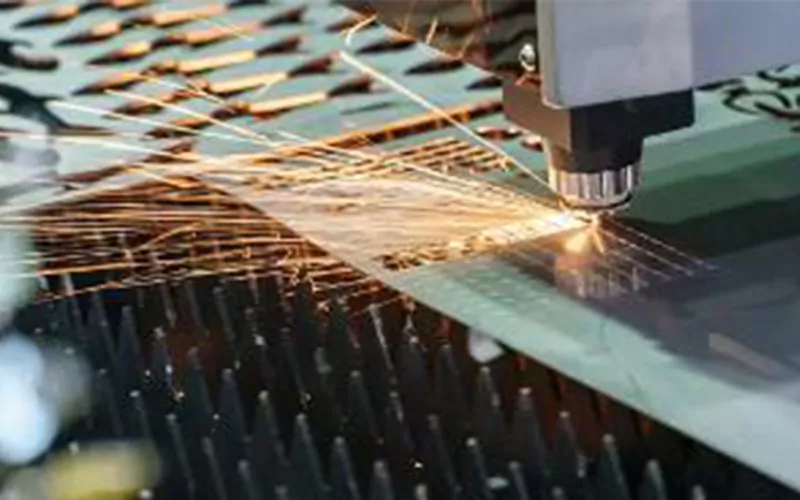Guest
Guest
Feb 01, 2024
9:46 AM

|
Sheet Metal Manufacturers
If this is interesting to you, why not sheet metal manufacturers. When it comes to choosing materials for various applications, the debate between sheet metal and alternative materials is a common one. Each material has its own set of advantages and disadvantages, making it crucial to carefully consider the specific requirements of the project at hand. In this article, we will delve into the pros and cons of sheet metal and alternative materials for different applications, providing a comprehensive understanding of the topic. 
Strength and Durability
One of the key factors to consider when choosing between sheet metal and alternative materials is the strength and durability required for the application. Sheet metal, known for its high tensile strength and resistance to impact, is often the material of choice for applications that demand robustness, such as automotive body panels and industrial machinery. On the other hand, alternative materials like fiberglass and carbon fiber offer lightweight options with impressive strength, making them suitable for aerospace and sports equipment applications.
Cost and Affordability
Another crucial aspect to weigh when deciding between sheet metal and alternative materials is the cost factor. Sheet metal, particularly steel and aluminum, is widely available and relatively affordable, making it a cost-effective choice for many applications. However, alternative materials like composites and plastics may require higher initial investment but can offer long-term cost savings through reduced maintenance and improved fuel efficiency in certain applications, such as aircraft manufacturing and automotive components.
Formability and Design Flexibility
When it comes to shaping and forming intricate designs, sheet metal and alternative materials offer varying degrees of formability and design flexibility. Sheet metal, with its ability to be bent, stamped, and welded into complex shapes, is often favored for applications that require precise customization, such as architectural cladding and metal enclosures. On the other hand, alternative materials like thermoplastics and composites can be molded into intricate shapes with ease, making them ideal for products like consumer electronics and medical devices.
Environmental Impact
In today's environmentally conscious world, the environmental impact of materials is a significant consideration in the decision-making process. Sheet metal, being fully recyclable and often made from recycled content, is a sustainable choice for applications that prioritize environmental responsibility, such as packaging and construction. Alternative materials like bioplastics and bio-based composites offer renewable and biodegradable options, making them suitable for eco-friendly applications like disposable cutlery and sustainable packaging solutions.
As we have explored, the choice between sheet metal and alternative materials for different applications involves a careful evaluation of various factors, including strength, cost, formability, and environmental impact. By understanding the pros and cons of each material, manufacturers can make informed decisions that align with the specific requirements of their projects, ultimately leading to the successful realization of their designs. References
|